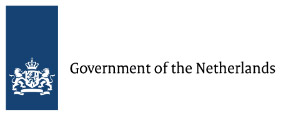Can Tshisekedi’s second term deliver inclusive growth for DRC?
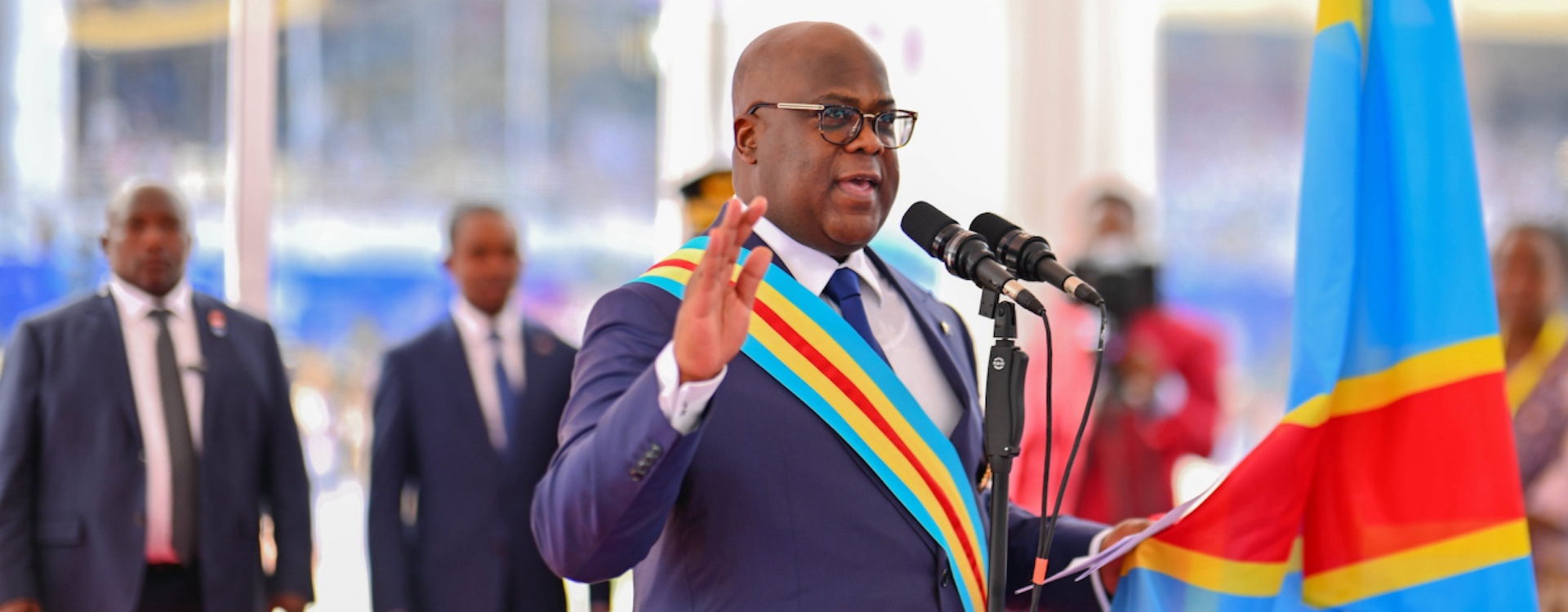
Structural reforms are vital to ensure the country’s rising economic growth improves the lives of Congolese.
-
Date: 11 June 2024
-
Time: 11:00 – 12:30 (GMT+2)
-
Venue: Online via Zoom or in person (limited space), ISS Conference Room, Pretoria (register to attend in person, register to attend online)
Overview
Democratic Republic of the Congo (DRC) President Felix Tshisekedi's first term was tested by questions surrounding his election victory, violence in the east of the country, and the poor state of the economy.
His administration registered some success in accelerating DRC’s economic growth from 1.7% in 2020 when COVID-19 struck, to 8.9% in 2022. However, high growth rates have not been accompanied by a structural transformation of the economy. Much work remains for Tshisekedi to improve the lives of Congolese, particularly in taking a longer-term view of its future.
This seminar will examine the DRC’s development potential across eight key sectors and what inclusive growth and development could deliver for a country that will have a population of 164 million by 2043.
Read the full report in English or French.
This seminar is co-hosted by the Institute for Security Studies (ISS) and the Hanns Seidel Foundation.
Simultaneous French-English interpretation will be provided for online participants.
Moderator: Piers Pigou, Head of Southern Africa Programme, ISS
Presenter: Dr Kouassi Yeboua, Senior Researcher, African Futures & Innovation, ISS
Panellists:
Dr Blessing Chipanda, Researcher, African Futures & Innovation, ISS
Malte Liewerscheidt, Country Director, Hanns Seidel Foundation DRC
Image: Getty Images
More to explore

08 Apr 2025
Advancing Inclusive Development during Complex Political Transitions
How can we foster inclusive development during complex political transitions?
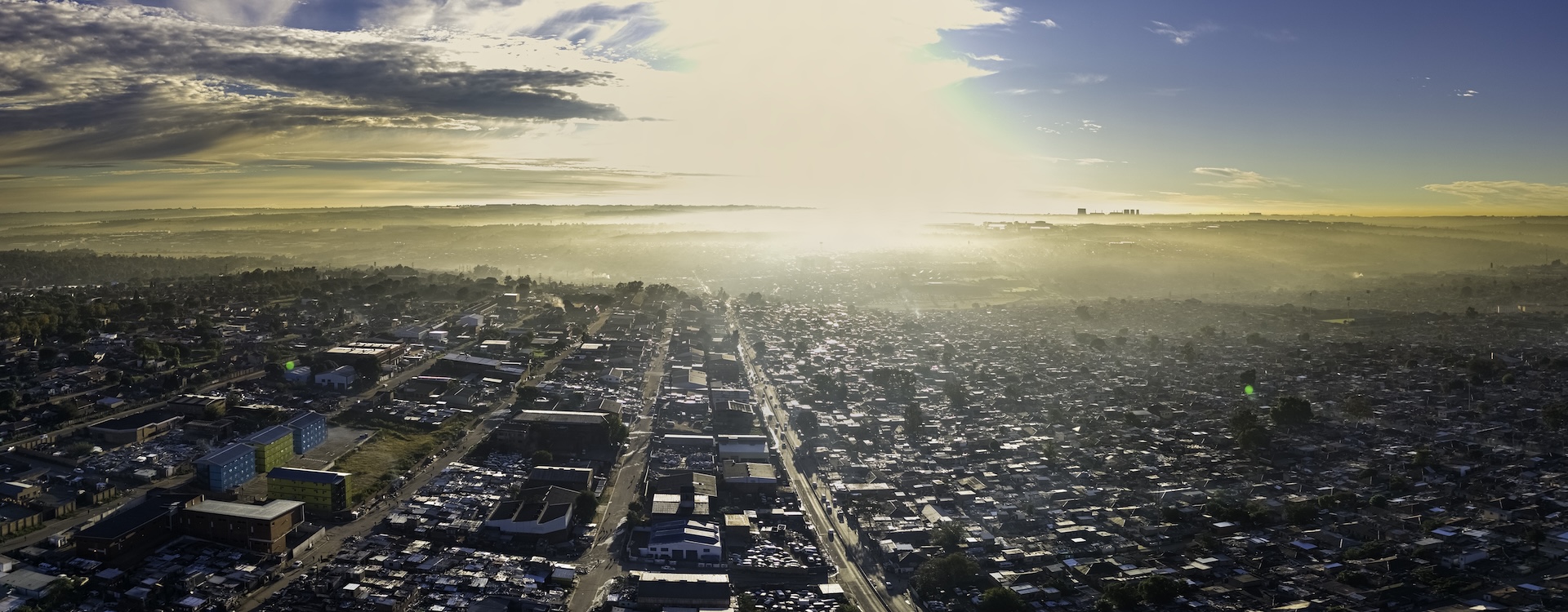
05 Feb 2026
South Africa’s future cities: facing up to hard choices
Considering the harsh reality revealed by long-term trajectories, how feasible are the country’s current urban plans?
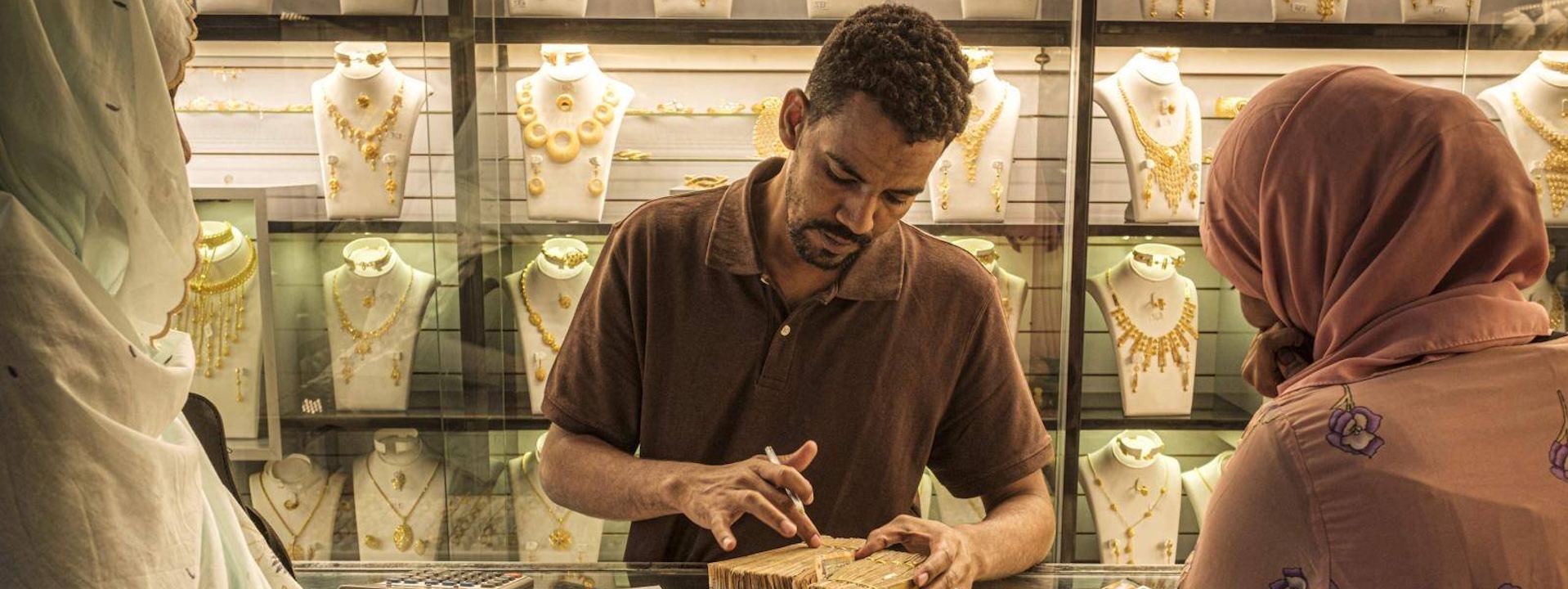
16 Sep 2025
Rethinking Africa’s future investment portfolio
This seminar explores how Africa can diversify its investment sources in a shifting global landscape.
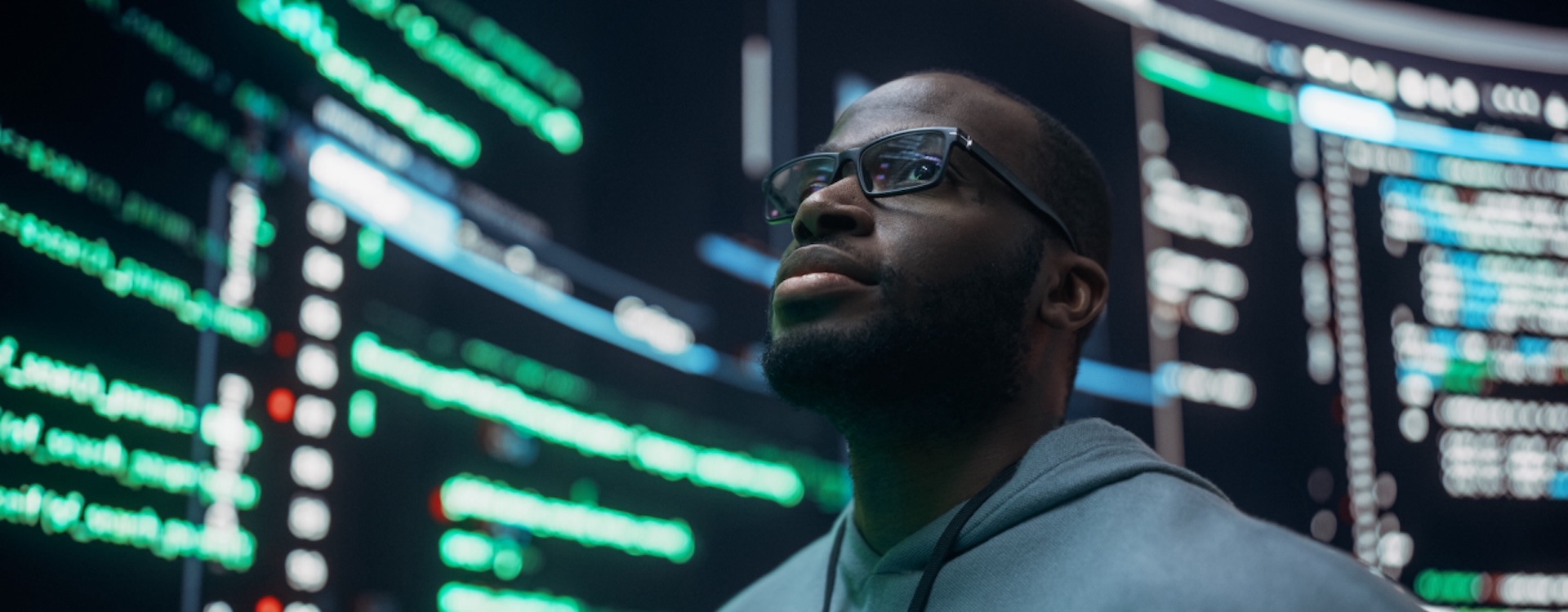
26 Aug 2025
Africa at work: redefining employment for a changing continent
Digitisation and youth-oriented policies could offer Africa’s vast youth population the prospect of adequate and productive jobs.

